Rishi Sunak’s update to MPs on the Israel-Hamas conflict today included the revelation that the UK security services had concluded the strike on the al-Ahli Arab hospital had come from a rocket fired within Gaza and aimed at Israel. He announced this within a section about the importance of tone and language, and pointed out that the rush to attribute blame in the reporting had a significant impact on the conflict, including the meetings organised by the US. Sunak’s statement was meatier than the one he gave last week. It included the line, which he didn’t fully elaborate on, that this was a ‘watershed moment’ for the region.
What he did explain would be part of the ‘watershed’ was a renewed commitment to the two-state solution, which he said had been neglected:
Our support for a two-state solution is highly valued across the region, but it can’t be a cliched talking point to roll out at times like this. The truth is that in recent years, energy has moved into other avenues, like the Abraham Accords and normalisation talks with Saudi Arabia. We support those steps absolutely and believe that they can bolster wider efforts. But we must never lose sight of how essential the two-state solution is.
His commitment was for ‘renewed energy and creativity to those effort’ and ‘establishing more effective government for Palestinian Territories in Gaza and the West Bank. It will also mean challenging actions that undercut legitimate aspirations for Palestinian statehood.’
He listed the ways in which attacks on Israel from around its borders showed ‘some are seeking escalation’ and that the country’s allies were ‘determined to prevent escalation’. He then concluded that section by saying: ‘Hamas is not only a threat to Israel, but to many others across the region. All the leaders I met agreed that this is a watershed moment. It’s time to set the region on a better path.’
Others filled in the details of a ‘watershed’ with their own imaginations: one of Sunak’s own colleagues Crispin Blunt warned that it would mean Gaza becoming a ‘killing field’. There were repeated calls from opposition MPs for Sunak to support a ceasefire. SNP Westminster leader Stephen Flynn listed the ways in which he thought Israel was exacting ‘collective punishment’ on the Palestinian people, before asking:
All of us, all of us in this chamber know that collective punishment is prohibited by international law. So I ask the Prime Minister to use his office to do some good on the humanitarian side of this conflict in Gaza and to answer the question, which I asked last week. Will he now, given the severity of this appalling situation, agree that a ceasefire is required in the region?
Sunak did not agree to these calls, saying Hamas was preventing people from moving, and that Israel needed to be able to defend itself. He added at one point that it was difficult to tell Israel to call a ceasefire when it was still having rockets fired at it constantly. A number of MPs on opposition benches including Jess Philips and Caroline Lucas tried to probe Sunak on what would happen if Israel didn’t abide by international law. Sunak ended up telling Lucas it was up to Israel to do this – essentially suggesting that the UK’s role in this would be to call for it, but not to respond to any breaches. Most MPs continued to make a point of condemning Hamas, though Sunak noted drily that Jeremy Corbyn didn’t refer to the role of the group he had previously called his ‘friends’ when he asked a question about Gaza.
Keir Starmer largely performed a supporting role to the Prime Minister
But what Sunak was very clear on was that the aid reaching Gaza wasn’t enough, and that the UK was trying to do more to change this. He pointed out that the efforts of the Foreign Secretary to get the Rafah crossing open for food, medicine and water had been praised by Egyptian President Abdel Fattah El-Sisi. He is clearly very mindful that supporting Israel’s right to defend itself cannot be misconstrued (often in bad faith) as the UK refusing to acknowledge the plight of Gazans.
Once again, Keir Starmer largely performed a supporting role to the Prime Minister in his response. The Labour leader insisted that the ‘operation can and must be done within international law’ and that there must be clear humanitarian corridors. ‘Hamas may not care for the safety and security of the Palestinian people,’ he said. ‘But we do. We cannot and will not close our eyes to their suffering. Gaza is now a humanitarian emergency.’ He did ask a few small questions of Sunak this time, including whether the UK would emulate the US and appoint a special coordinator for international aid to Gaza. But once again, his statement was more about what Labour stood for, rather than probing the government.
Got something to add? Join the discussion and comment below.
Get 10 issues for just $10
Subscribe to The Spectator Australia today for the next 10 magazine issues, plus full online access, for just $10.


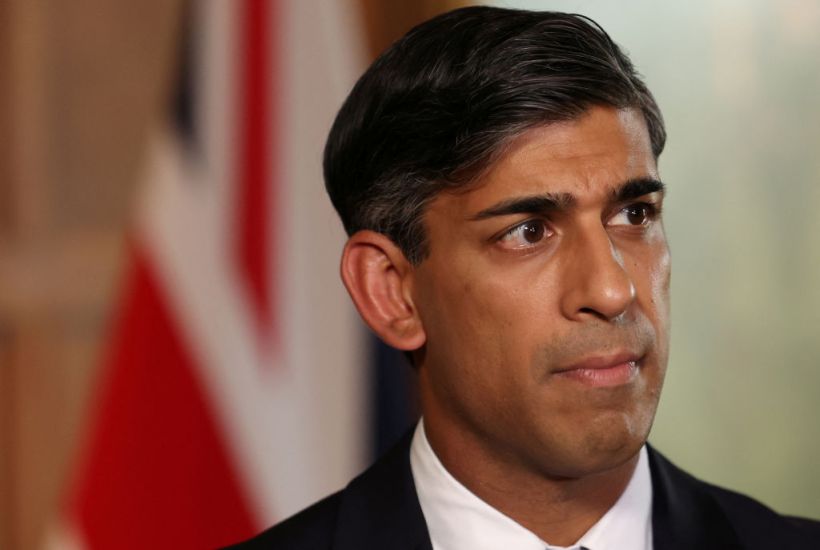
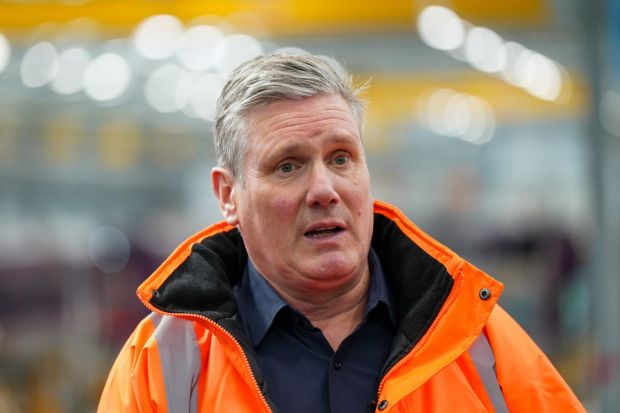
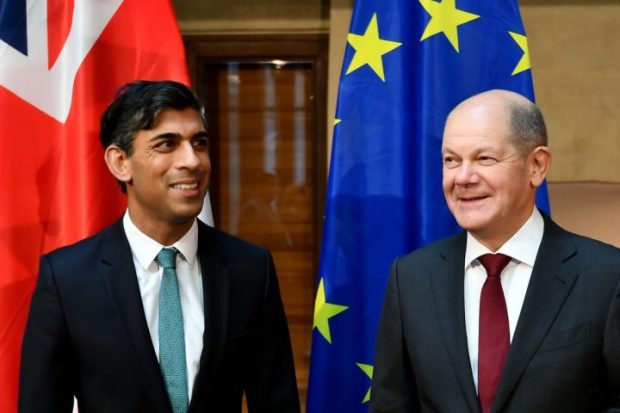
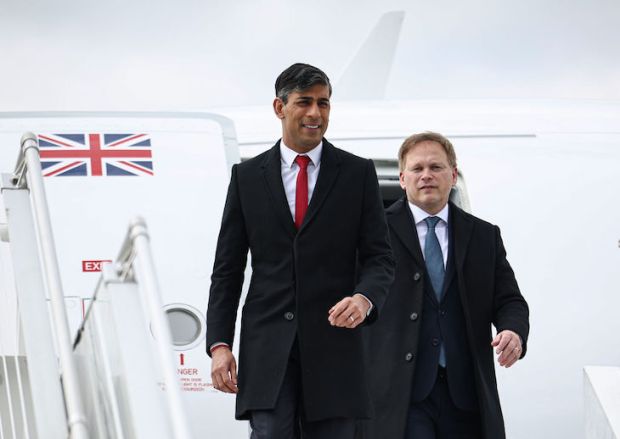
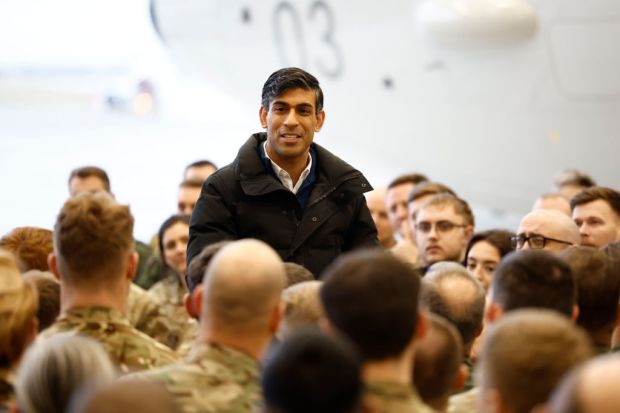

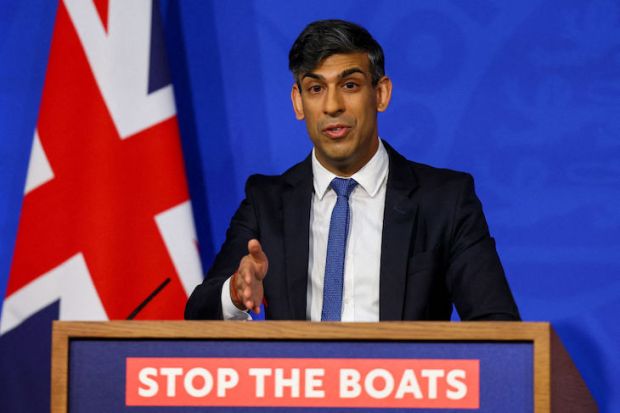












Comments
Don't miss out
Join the conversation with other Spectator Australia readers. Subscribe to leave a comment.
SUBSCRIBEAlready a subscriber? Log in